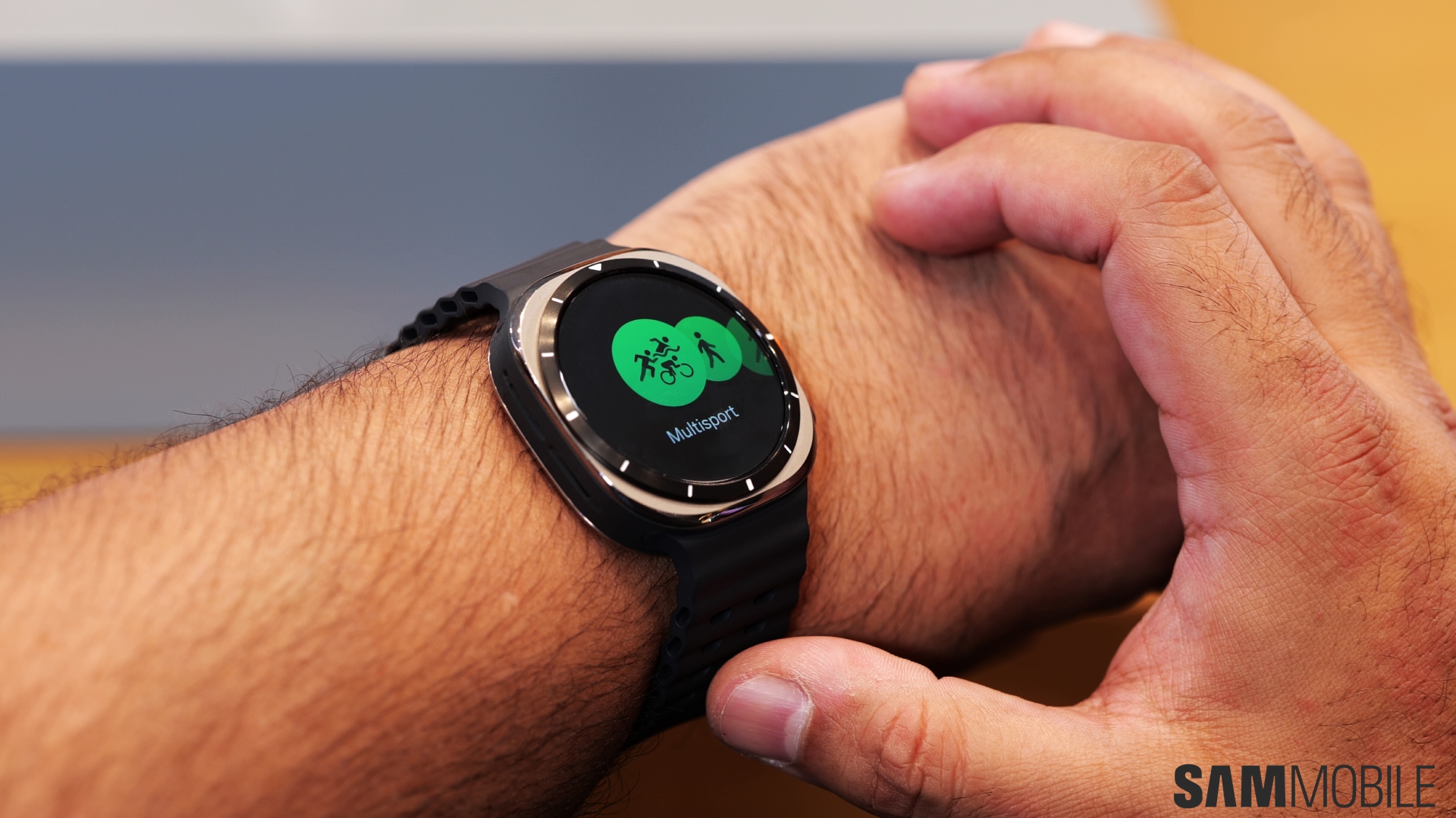Since the last few years, especially with the rise of electric vehicles (EVs), the interest and the pace of development of solid-state batteries (SSBs) have been increasing rapidly. That’s because this type of battery offers higher energy density, faster charging speed, and longer lifespan, and is much safer than a traditional lithium-ion (Li-ion) battery, solving many issues for EVs, including range anxiety and environmental impact.Summarize in one-click with Galaxy AI
Samsung is at the forefront of this technology. The company has showcased its solid-state batteries for EVs at many events so far, and it will be one of the first companies to start mass-producing SSBs for EVs. Now, it looks like Samsung doesn’t want to limit SSBs to just EVs, even in the initial stages, as the brand is planning to introduce solid-state batteries in electronic devices, mainly, smartwatches, as soon as possible.
According to a new report from Bloter, Samsung Electro-Mechanics plans to introduce small solid-state batteries, aimed for use in smartwatches, in the market in 2026.
If Samsung Electronics becomes an early adopter of these batteries from Samsung Electro-Mechanics, we could start seeing solid-state batteries in Galaxy Watches from as early as 2026 or 2027 with the Galaxy Watch 9 or the Galaxy Watch 10.
As mentioned earlier, SSBs offer four major advantages over traditional lithium-ion batteries. First, these batteries have 60% to 80% higher energy density for the same weight. Second, they can charge at almost twice the speed. Third, they have almost twice the lifespan (5,000 vs 2,500 charge cycles). Fourth, they are safer.
With SSBs and efficiency improvements in screens and processors, future Galaxy Watch models could offer twice the battery life compared to the current ones. The Galaxy Watch Ultra offers around two days of battery backup on a single charge. So, starting with Galaxy Watch 9 or Galaxy Watch 10, we could see a 4-day battery life in Samsung’s flagship smartwatches.
The story continues after the video…
SSBs also have a major disadvantage compared to traditional Li-ion batteries, and that is cost. SSBs will cost significantly more than Li-ion batteries, at least initially. So, expect the initial set of Galaxy Watches with SSBs to cost slightly more than the current models. That being said, we think people would be willing to pay that premium for twice the battery backup.







